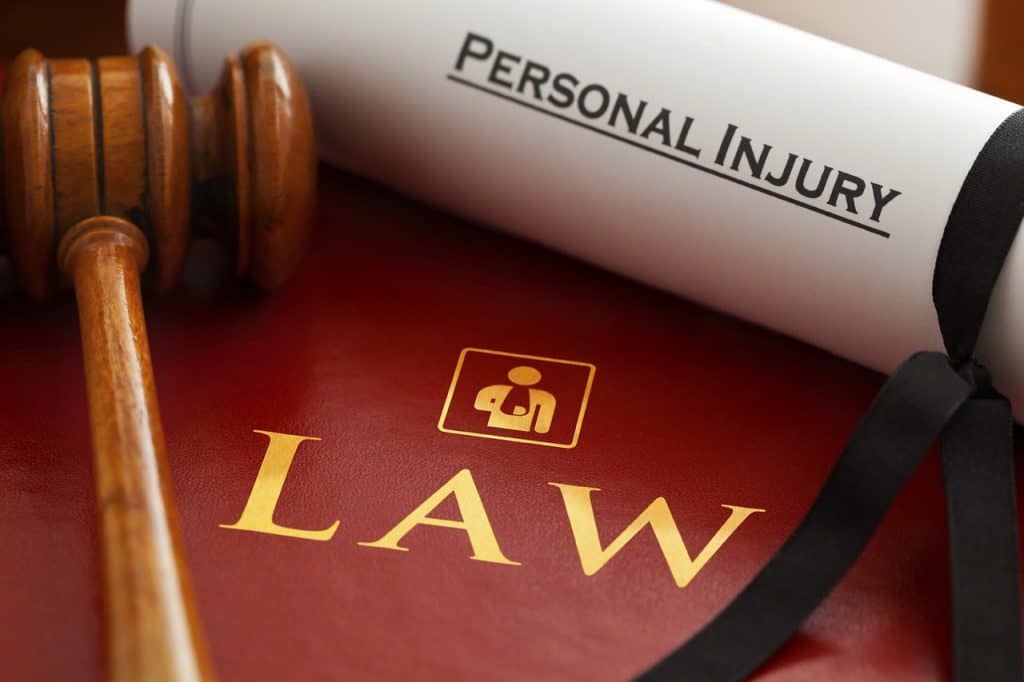
If you have been injured in a motor vehicle accident in Ottawa, or anywhere across Ontario, you may be able to make a claim against the at-fault party for damages. However, under Ontario law there is a threshold that must be met before an MVA victim can succeed in a claim for non-pecuniary damages as well as health care expenses not covered by OHIP.
This article will explain what pecuniary and non-pecuniary damages are, as well as the threshold a plaintiff must meet in order to be able to sue for pain and suffering and health care expenses.
What Damages Can an Accident Victim Claim?
In tort claims (which include claims for negligence), the aim of damages is to put the plaintiff in the position they would have been in had the harm not occurred. There are two main types of compensatory damages – general damages and special damages.
General damages are damages that are not precisely quantifiable. These include non-pecuniary damages and pecuniary (or, economic) losses. General non-pecuniary damages are the damages that people commonly refer to as “pain and suffering” and mental distress. Pecuniary damages are compensation for financial expenses that cannot be precisely quantified. Examples of pecuniary general damages would include future income loss and the cost of future treatment.
Special damages, on the other hand, are damages suffered by the plaintiff that can be specifically quantified. Some examples of special damages include past loss of income, past expenses for housekeeping or personal care, and past medical expenses.
The Threshold Under Ontario Law
If you have been injured in a motor vehicle accident and want to make a claim for general non-pecuniary damages (pain and suffering) or health care expenses, your injuries must meet the threshold established by the Ontario Insurance Act.
Under s. 267.5(5) of the Insurance Act, the owner, occupant, or any person present at the incident is not liable in an action for non-pecuniary damages unless the injured person has died or has sustained:
- a permanent serious disfigurement
- a permanent serious impairment of an important physical, mental or psychological function.
What does “Permanent” and “Serious” Mean?
Ontario Regulation 461/96 establishes the criteria for a “permanent serious impairment of an important physical, mental, or psychological function”. According to s. 4(2)(1), the impairment must substantially interfere with the person’s ability to continue their employment, training for a career, or most of the usual activities of daily living.
Section 4(2)(1) further states that an important function is one that must be necessary to perform the activities that are essential tasks of the person’s employment or training, be necessary to provide for their own care, or be important to the usual activities of daily living.
The regulations also state that in order for the impairment to be permanent, it must have been continuous since the accident, be expected not to substantially improve, continue to interfere with the person’s ability to continue their employment, training, or activities of daily living, and “be of a nature that is expected to continue without substantial improvement when sustained by persons in similar circumstances.”
If you have been injured in a motor vehicle accident and can prove the at-fault party was negligent, you will always be able to successfully motor vehicle accident claim certain pecuniary damages including income loss and housekeeping expenses. If, however, your injury is not serious and permanent, then you will not be successful in claiming damages for pain and suffering and health care expenses.
Example Scenario
By way of example, suppose a driver is texting and as a result of his or her inattention, strikes a pedestrian. Assume that pedestrian breaks their leg as a result of this negligence, but a year later goes on to recover, without ongoing permanent and serious impairments. In this scenario, the accident victim would be entitled to zero compensation for pain and suffering (non pecuniary general damages) and health care expenses (pecuniary general damages). They would however be entitled to claim damages for any lost income or other pecuniary damages.
Because of the complexities of insurance law in Ontario such as the threshold, before proceeding with a lawsuit or attempting to negotiate a settlement with the insurance company of an at-fault driver, you should always first consult with an experienced Ottawa personal injury lawyer.
If you have been injured in a motor vehicle accident in Eastern Ontario, call today to speak with one of our personal injury lawyers:
By phone: 613-518-2416
Email: info@sginjurylaw.ca
Or by filling out our Case Form
